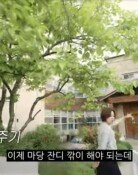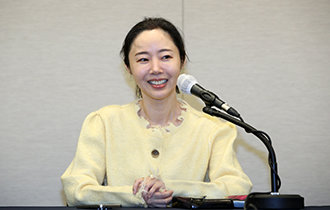Reading Newspapers Can Make You Smart
Reading Newspapers Can Make You Smart
Posted January. 03, 2006 03:04,
The Way to Read Newspapers to Train the Brain, by Professor Ryuta Kawashima at Tohoku University, says a newspaper is the best tool to train the brain.
Professor Kawashima is one of the top authorities in the research of the brain and its functions, and has released over 10 books alone in this field.
In this book, Kawashima says that the most important part of the brain is the prefrontal cortex, which controls highly sophisticated functions such as thinking, behavior control, communication, and memory. The reason for the aging of the brain is also because of the atrophy of the prefrontal cortex. If you cant remember certain things, find it hard to control your emotions, or get angry easily, it is all related to a drop in prefrontal cortex functions.
To prevent this, Kawashima emphasizes the necessity of the continuous training of the brain, just as we train our body strength through physical exercises.
Kawashima explains that reading classics or masterpieces will train the brain, but since we have everyday access to newspapers, resistance in the brain is much less when reading newspapers than other materials. Furthermore, the various numbers and charts along with the text in the newspaper enable more effective training of the brain, he says.
The three basic training exercises Kawashima suggests are reading aloud, calculating, and transcribing. Readers of Donga Ilbo can apply these training exercises as follows:
First, read aloud the columns and editorials. The faster you read, the more simulated the prefrontal cortex gets, so read quickly.
Second, add each regions lowest temperature to its highest on the weather page. For brain exercises, it is better to practice with simple calculations you are accustomed to, rather than complicated ones. Speed is important here as well.
Third, carefully copy down about 300 words from one of the front-page articles. Write in Korean the first time, but include Chinese letters the second time. This time, dont worry about speed.
Kwang-Am Cheon iam@donga.com







